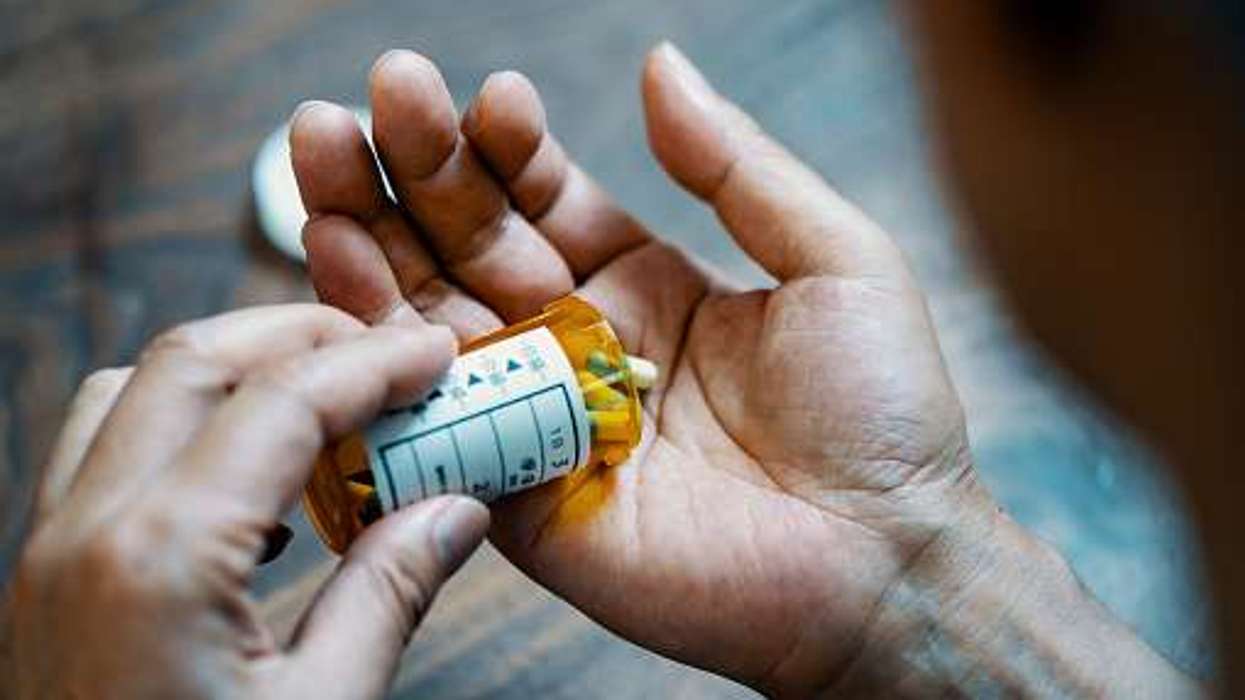The new service will include seven conditions, alongside the current elements of the Community Pharmacist Consultation Service (CPCS)
NHS England has published the service specification for the Pharmacy First service, which is due to commence at the end of January 2024, following an agreement with the Department of Health and Social Care (DHSC) and Community Pharmacy England (CPE).
It has also released the clinical pathways for the seven conditions which will be included in the service.
The Pharmacy First Service also includes the previous Community Pharmacist Consultation Service (CPCS), which cover minor illness consultations and urgent medicine supply, for people referred to the pharmacy.
“The service enables the management of seven common infections by community pharmacists through offering self-care and safety-netting advice, and, only if appropriate, supplying certain NHS-funded over the counter medicines and prescription only medicines (POMs) via Clinical Protocol and patient group directions (PGDs).
“Patients may access this service either by referral (as for CPCS) or when they are identified as suitable by the pharmacist providing self-care as an essential service,” NHSE stated.
Requirements for Pharmacy First service provision
Pharmacy contractors are required to notify NHS England that they intend to provide the advanced service by completing an electronic registration declaration through the NHS Business Services Authority (NHSBSA) Manage Your Service (MYS) portal.
It is also essential to ensure that they are “satisfactorily complying with their obligations under Schedule 4 of the NHS (Pharmaceutical and Local Pharmaceutical Services) Regulations (Terms of Service of NHS pharmacists) in respect of the provision of essential services and an acceptable system of clinical governance.”
An NHS assured Pharmacy First IT system must be used by contractors, and they should refer to the NHS CPCS IT Buyers Guide when choosing an IT supplier.
The pharmacy contractor should include this service in their business continuity plan, and create a standard operating procedure, ensuring that all its staff involved in the service delivery are familiar with and adhere to the SOP.
Both the SOP and the business continuity plan should be reviewed regularly, and whenever there is any significant incident or change to the service, the NHS said.
For the provision of the service, pharmacies must have a consultation room that has IT equipment accessibility to allow contemporaneous records of the consultations provided.
The service should be made available throughout the pharmacy’s full opening hours, and if the service must be temporarily withdrawn, they must inform the NHS Directory of Services (DoS) Provider and Commissioner Helpline (0300 0200 363) as soon as possible.
The Pharmacy First service pathway has three elements: Urgent medicine supply (referral only), Minor illness referral (referral only), and Clinical Pathways consultations (referral and suitable patients identified by the contractor)
Patients may be referred to Pharmacy First by: NHS 111 telephony and on-line, an integrated urgent care clinical assessment service (IUC CAS), 999 services, general practice, and other urgent and emergency care provider such as UTC, ED, or UCC.
Clinical Pathways Consultations
As mentioned by the NHS, clinical pathways are to be used for patients presenting with symptoms potentially associated with any of these seven conditions:
- Uncomplicated urinary tract infections (UTIs) in women
- Shingles
- Impetigo
- Infected insect bites
- Sinusitis
- Sore throat
- Acute otitis media
Before making a clinical decision to supply an NHS medicine, the pharmacist must “confirm allergy status and identify any concurrent medication or medical conditions, which may affect the treatment of the patient.”
Payment to the pharmacy contractors providing this service will be made according to arrangements set out within the Drug Tariff.
If the pharmacy contractor wants to permanently stop providing the service, they must notify NHS England via the MYS portal, giving at least one month’s notice period.












